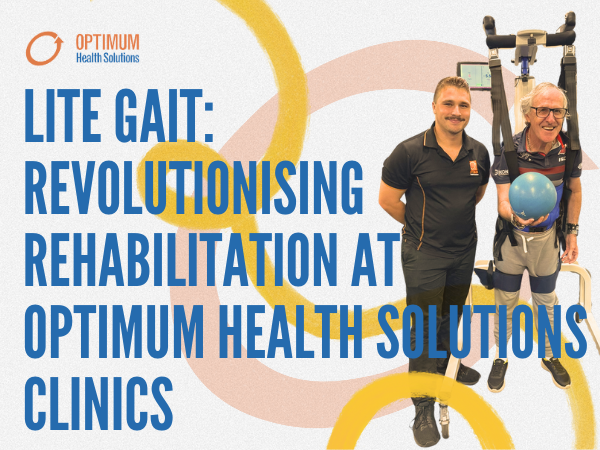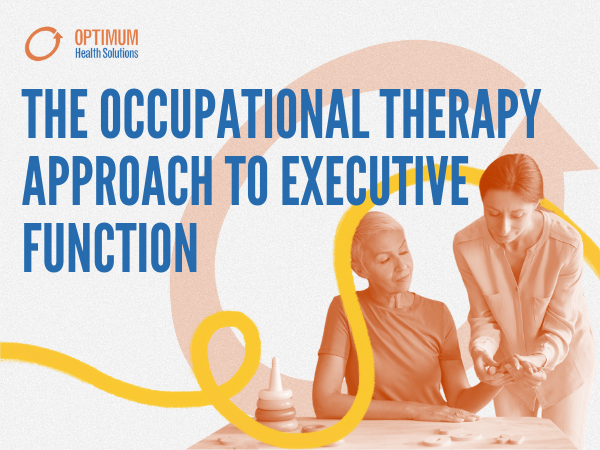We all live busy lives. That’s a given. Finding the balance between work and personal life is often a great challenge. For many people, to extract that extra hour or two out of the day, sleep is one of the first lifestyle modifications busy people will make to fit more into their daily routine. But is this sleep deprivation doing more harm than most would realise for overall health? Here’s what the research says:
Lack of sleep affects hormones
Insulin
Insulin is a hormone released by an organ called the pancreas which is important in blood sugar regulation. Losing at little as 90 minutes sleep over a few weeks has been shown to decrease insulin sensitivity in the liver and fat cells. This means it is more difficult for insulin to transport glycogen (sugar) into cells to be used for energy. As a result, blood sugars become elevated, which can increase your risk of developing type II diabetes.
Here’s the good news – once you have caught up on this temporary lack of sleep, these side effects will be reversed.
Cortisol
Cortisol plays an important role in waking you up in the morning (levels are elevated) and helping you fall asleep at night (levels are lower). Sleep deprivation leads to an over exposure of elevated cortisol levels, which can be associated with muscle breakdown, making you weaker, as well as other stress related conditions.
Lack of sleep reduces your chance of weight loss
Although there is no conclusive evidence that sleep deprivation will hinder weight loss, associations have been drawn between a lack of sleep, over eating and a lack of movement. Basically, after a few days of sleep deprivation, our body’s response to a hormone called orexin is exaggerated, which increases cravings leading to over eating. A few days of sleep deprivation increases the time orexin levels are elevated, where some studies have shown an increase in eating by 20-25%.
Lack of sleep inhibits exercise and recovery
Extended periods of sleep deprivation compromise your ability to exercise at a sufficient intensity. Exercising while tired leads to a lack of motivation and a decrease in energy levels. Furthermore, the majority of our physiological exercise adaptations and recovery happen when our head hits the pillow. Basically, if you want to get stronger and fitter, you need to be having enough sleep for positive results to have time to take place!
In conclusion, lack of sleep can add to your health concerns. Not getting enough sleep can be caused by a variety of reasons. However I want to encourage you to create a good sleep routine, to ensure that you are getting enough sleep. I also want to encourage you to look into any snoring or sleep apnoea that you may have. Snoring & sleep apnoea lead to deficiencies in the appropriate level of sleep, and continue the cycle of poor health in your life.








